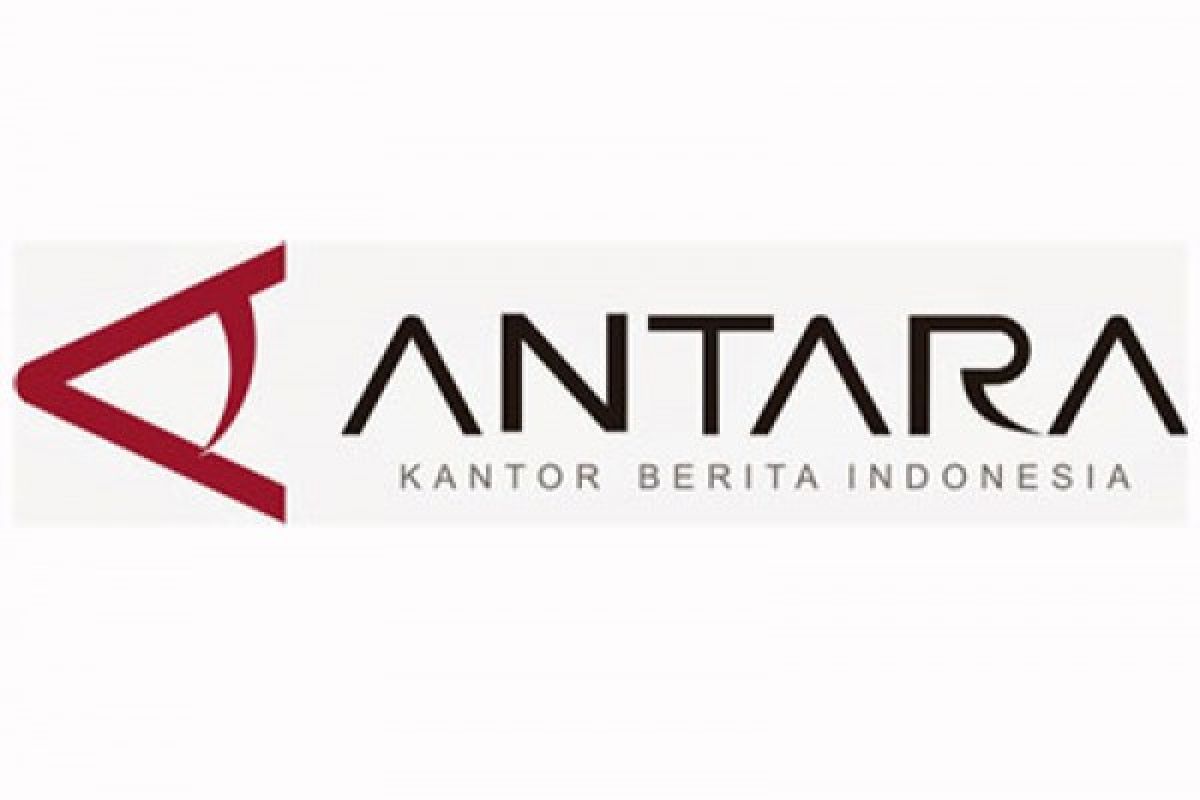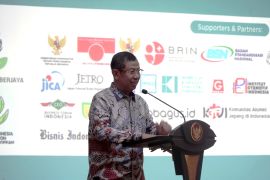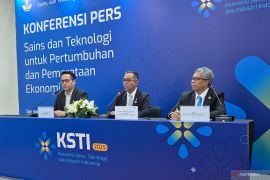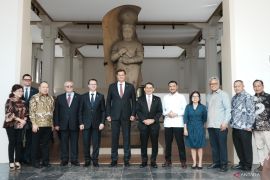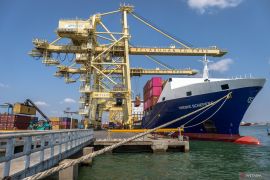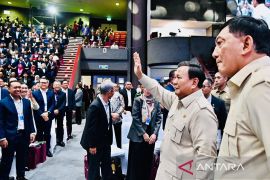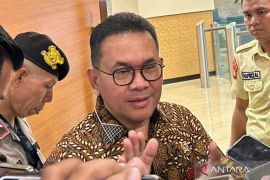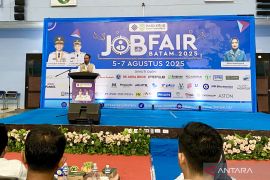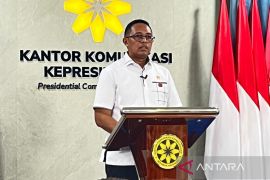Industry 4.0, also known as the Fourth Industrial Revolution, will revolutionize the manufacturing and production industries by integrating Internet of Things, data integration, cloud computing, and other technological advancements into the heart of production and manufacturing systems.
Undeniably, improving the competence of human resources is the key to success in facing the Industry 4.0, according to Industry Minister Airlangga Hartarto.
"This is in line with the road map of Making Indonesia 4.0, in which we need to utilize the demographic bonus to bring to reality the general aspirations to place Indonesia in the ranks of the 10 largest economies in the world in 2030," Minister Hartarto noted.
The road map was prepared based on the directives of President Joko Widodo, who has continued campaigning all over the country in cabinet meetings and other forums stressing the importance of Indonesia to be ready to face the 4th industrial revolution.
"With full confidence, the president said that Indonesia may not be lagging behind in entering the new era. We have also held discussions regarding the program with several relevant agencies, such as Fraunhofer, JICA, JETRO, and especially with AT Kearney," Hartarto noted.
The minister expressed optimism, as Indonesia will benefit from the demographic bonus in the next decade when majority or 70 percent of the population will comprise people from the productive age group of 15-64 years.
"They have to become development actors, playing the role to boost the growth of the national economy," he noted.
Besides, in order to achieve the targets, the Industry Ministry has continued to seek synergy with all the stakeholders, he revealed.
One of the goals is massive and well-structured implementation of vocational education.
"Strategic steps are necessary to speed up the process of providing skilled labor to meet industrial requirements," he remarked in Palembang, South Sumatra, on May 21, 2018.
The implementation of the program of vocational education has already entered the sixth phase that covers Jambi, Bengkulu, South Sumatra, Bangka-Belitung, and Lampung. The earlier phases were carried out in East Java, Central Java and Yogyakarta, West Java, northern part of Sumatra, and Jakarta and Banten.
Earlier, President Widodo had lauded the Industry Ministry for preparing the road map of Making Indonesia 4.0 that would serve as a foundation for Indonesia`s economic growth in future.
"Apart from creating new jobs, implementation of Industry 4.0 in Indonesia should lead to inclusive economic growth involving all layers of society," the president noted during the launch of Making Indonesia 4.0 road map, on the sidelines of the Indonesia Industrial Summit 2018 held in Jakarta, early April this year.
President Widodo not only urged large companies but also micro, small, and medium businesses to implement Industry 4.0.
"Ahead, UMKMs must be able to understand and easy to have access and use technology that they would be more competitive," he said.
The president said the choice of the title of Making Indonesia 4.0 is relevant in rebuilding Indonesian industrial sector to enter a new era of the fourth Industrial Revolution.
"The hope is with the implementation of Industry 4.0, Indonesia could break into the ranks of Top Ten economies in the world in 2030, through increase in net exports," he said.
In addition, there would be an increase in productivity by adoption of technology and innovation and there would be 10 million new jobs created by 2030.
The Head of State believed that industrial revolution can offer more job vacancies in contrast to the ones lost as a result of it.
"I believe that an industrial revolution will open up several more new job fields compared to the ones that could potentially be lost," the president noted.
He also believes that with adequate planning and preparation, the 4.0 industrial revolution would offer huge opportunities.
Meanwhile, Minister of Manpower Hanif Dhakiri has said the Indonesian government will improve the ability of Indonesian workers in the face of the fourth industrial revolution based on science, technology, and innovation.
The government will create two policies, namely strengthening access and quality of education for vocational training, and preparing training funding and fund assistance for layoff victims.
Currently 60 percent of the 128 million Indonesian workers are only elementary or junior high school graduates.
(f001/INE)
(T.F001/A/KR-BSR/F001)
Reporter: Fardah Assegaf
Editor: Heru Purwanto
Copyright © ANTARA 2018
